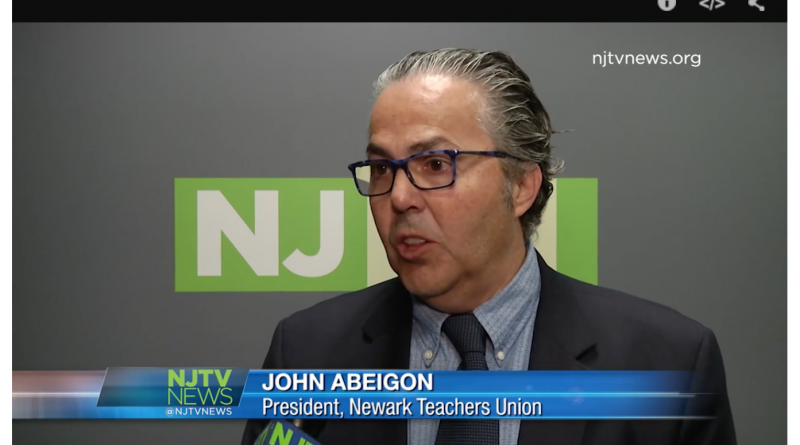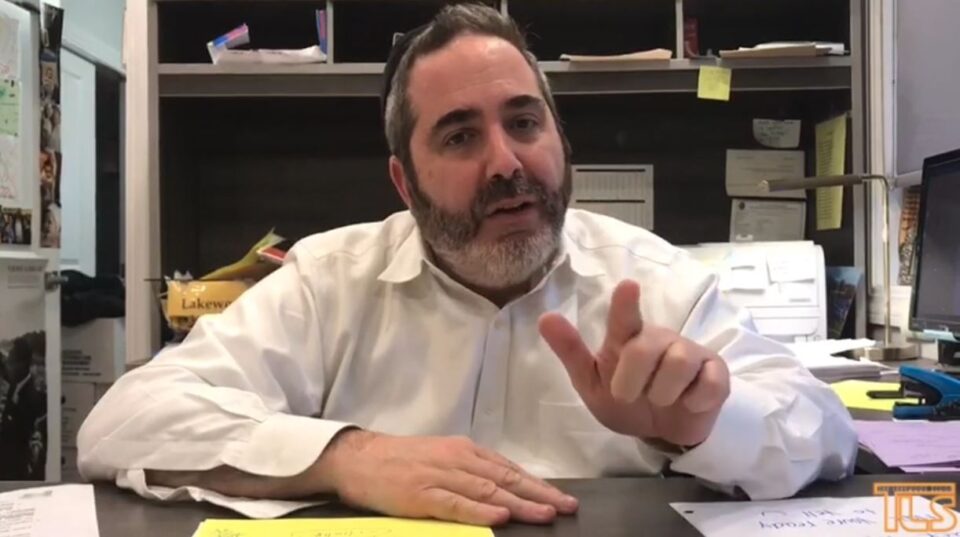A Newark Mom Takes on Charter-Hating Adults who are “Crippling the Future of Newark Children”
October 5, 2015Jersey City Schools Regain Local Control: from “Academic Bankruptcy” to “Promising Improvements”
October 7, 2015QOD: Great Irony of Progressives: Equal Access to Marriage, Living Wages, and Healthcare, but Not to Schools
Kristen Forbriger responds to the feature story in Philly Mag called “A City Parent’s Guide to Schools,” illustrated by a cover photo of an group of cute kids, not a single black child among them. This depiction belies the fact that African-Americans comprise 43.5% of district enrollment and whites comprise 14%. As she says, school choice “too often belongs to those who can afford it, a whiter and wealthier population than the city as a whole.”
And, increasingly, white families in Philadelphia choose magnet schools (like prestigious Masterman with a 41% white enrollment) or purchase homes in high-performing catchment areas or send their children to private schools. Wealthy white families get school choice. Poor minority families (except within the district’s small but heavily politicized charter school sector) don’t.
Forbriger writes,
How do we fix this? Correcting for deep inequity inherently means taking advantage away from those who have it by giving more advantage to those who don’t. In the case of school selection, middle and upper class families – with a plethora of options and the savvy to navigate a complicated system – will have to lose some of their advantage to create a truly equitable system. It’s not a coincidence that the loudest opposition to new schools and increased options tends to come from those who already have their children in good schools.
The great irony is that the same progressives who advocate for equal access to marriage, equal access to a living wage, equal access to health insurance, and equal access to college with financial aid, oppose or fall completely silent when it comes to equal access to quality K-12 schools. The pervasive belief seems to be that rather than expanding options and access, families who can’t buy choices should just wait for their own neighborhood schools to improve… while those with privilege opt-out of attending their own neighborhood school.




